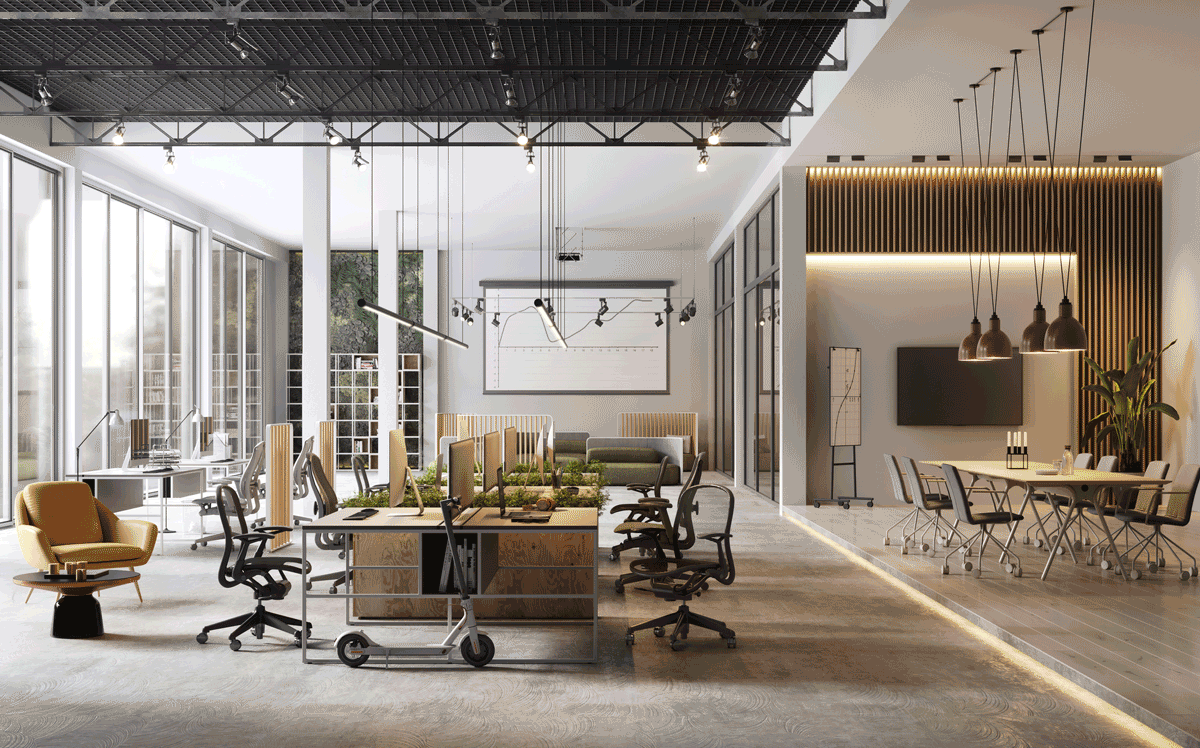With tech companies and co-working firms leading the way, more office tenants have gravitated toward open floor plans, both to cut costs and encourage the sharing of ideas. But there’s something else the setups could encourage: the spread of a virus or disease.
That possibility has increased as the coronavirus continues to spread across the globe.
The average office space per seat in North America fell by 14.3 percent to 195.6 square feet between 2018 and 2019, the Wall Street Journal reported, citing a JLL report. That number can be as low as 65 square feet per seat in co-working spaces.
“We spend more time in offices than any generation in history,” University of Arizona microbiologist Charles Gerba told the Journal. “That’s really why it becomes more important to think about the spread of disease and how we can design buildings better.”
Facebook, which in 2012 announced that its California headquarters would be the world’s largest open-office floor plan, temporarily closed a Seattle office last week after a worker was diagnosed with COVID-19, the disease caused by the coronavirus.
A 2014 study from Stockholm University found that workers in open plan offices took more sick leave, possibly due to higher stress levels as well as higher risk of infection. And a 2017 study from the University of Arizona found that a virus on a doorknob in a 100-person office could spread to 50 percent of the office’s surface within four hours.
“The coffee break room, actually, is more contaminated than the restroom,” Gerba said.
WeWork, which had intentionally designed office spaces that would cause workers to run into each other, has introduced a variety of social distancing measures at its locations in China. A spokesperson said the company is “prepared to apply these enhanced measures in other locations depending on the severity of the situation,” according to the Journal.
U.S. office landlords have stepped up efforts to keep their spaces sanitary in response to the widening epidemic. The University of Arizona study found that enhanced cleaning measures could reduce virus prevalence by more than 85 percent. [WSJ] — Kevin Sun
